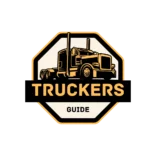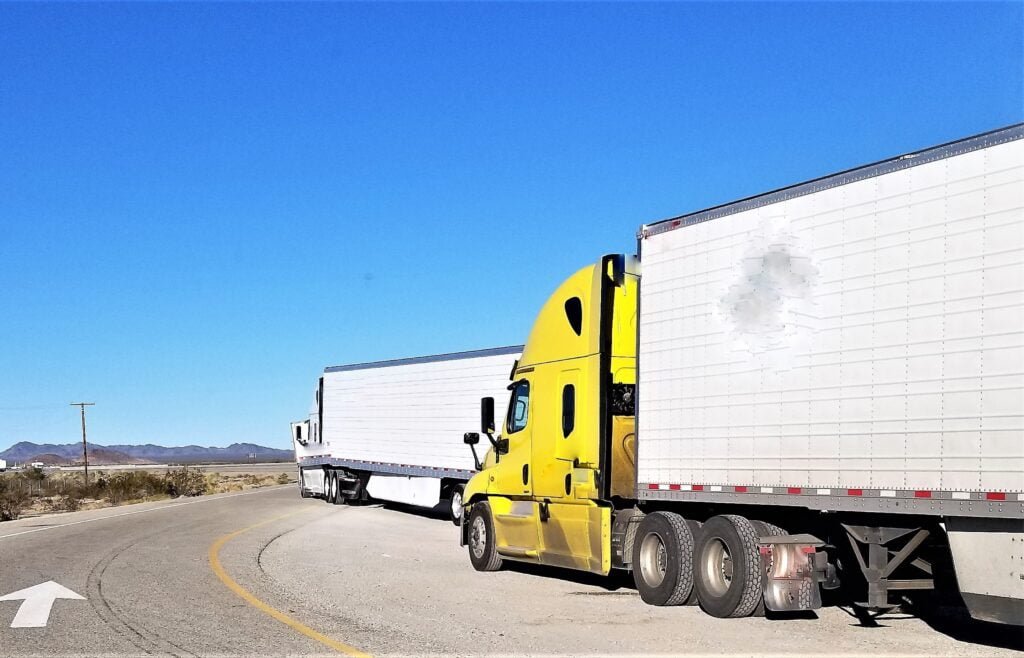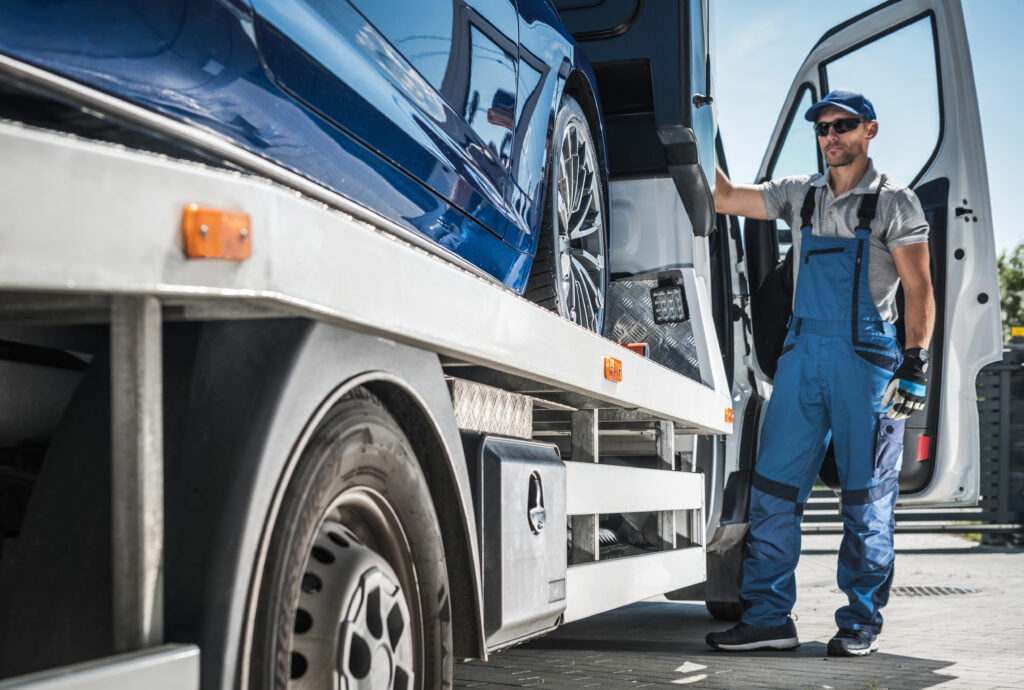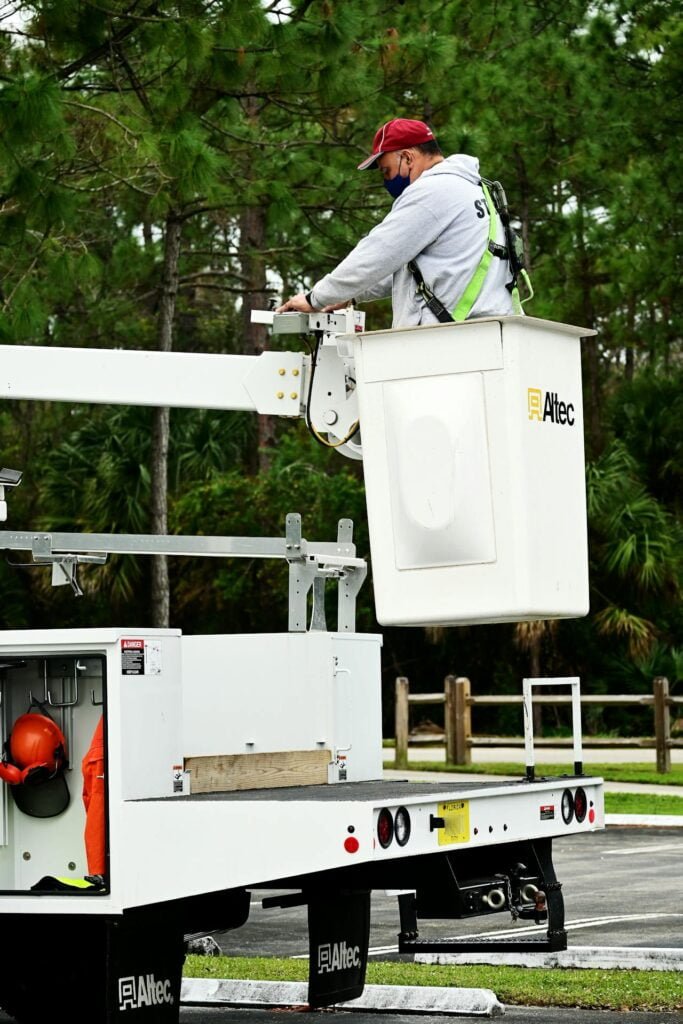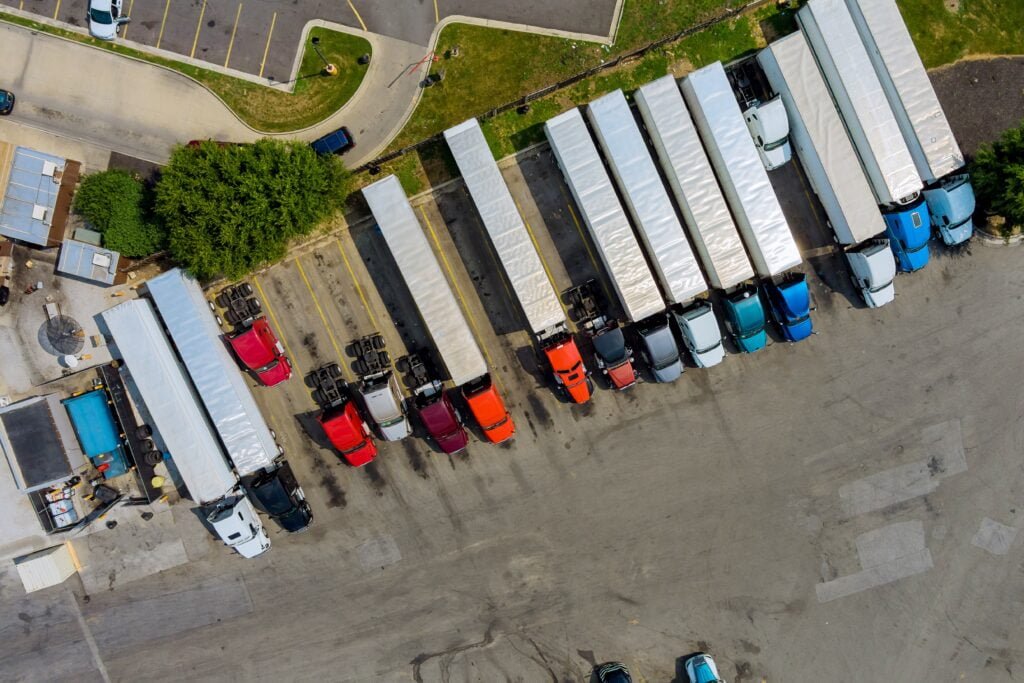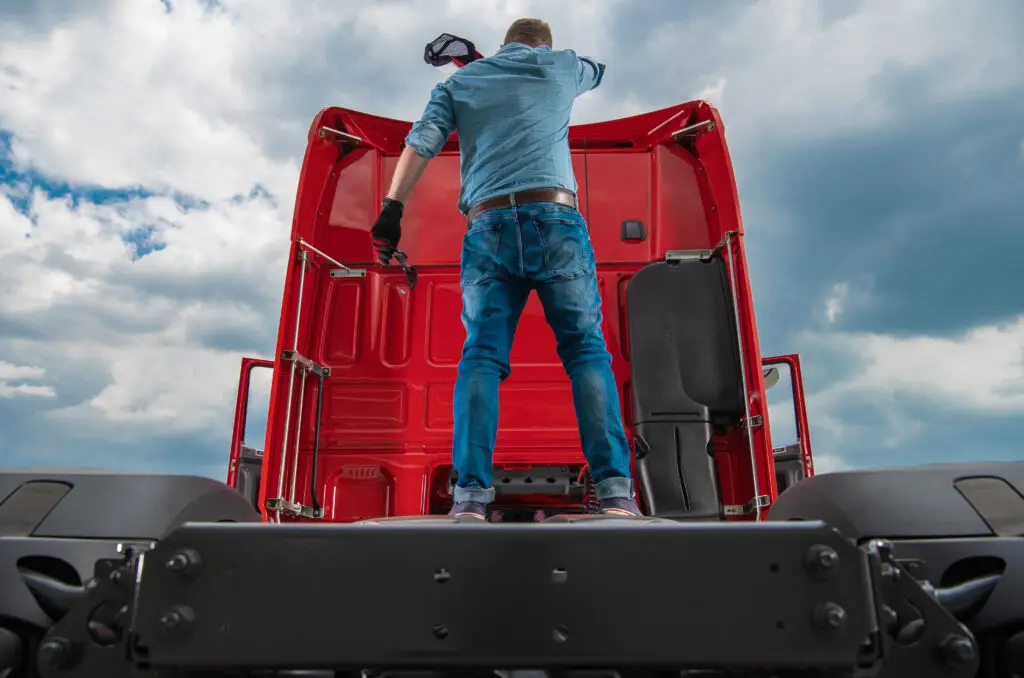The Road to Rest: A Handbook for Starting a Business Vehicle Parking Lot American trade is based on the trucking industry, and truck drivers are the unwavering engine that powers it. However, lengthy drives call for convenient and safe rest stops. Establishing a commercial truck parking lot can be a profitable endeavour if you want to take advantage of this expanding demand. But the secret to success is careful preparation and execution. From feasibility studies to customer attraction, this guide will provide you with the necessary knowledge to successfully navigate the process. First Step: Analysis of Market and Feasibility You must have a complete grasp of the market environment before you take this journey. What you should think about is this: Demand: Find out about local trucking routes. Do any important highways close by? Are truck drivers currently unable to find safe places to park?Competitor: Locate truck stops and parking lots that are already in place. Examine the amenities, costs, and shortcomings of each. Can you target a particular niche or provide a service that is more competitive?Guidelines: Find out about local permitting requirements, environmental regulations, and zoning laws. Consider how much it will cost to get the required permits and follow safety regulations.Industry Means: Over 350,000 truck parking spaces are needed nationwide, per a 2022 survey conducted by the American Transportation Research Institute [ATRI]. Truck parking can run you anywhere from $20 to $50 per night, with premium spots charging more. Step 2: Formulating a Business Plan It’s time to create a thorough business plan now that you have a firm grasp of the market. This will be your venture’s road map, and obtaining funding will probably require you to have this document. The essential components are as follows: An executive summary is a succinct description of your company’s objectives, competitive advantage, and business status.Provide a detailed description of your company, including your target market, mission statement, and business structure (sole proprietorship, LLC, etc.).Market Analysis: Summarize the results of your investigation regarding the local regulations, competition, and demand.Provided Services: Describe the services you will offer, including parking areas, washrooms, showers, and laundry facilities. You may also include value-added services like restaurants or gas stations.Marketing Strategy: Describe your approach to drawing in truck drivers, including partnering with trucking companies, listing on truck stop apps, and building a strong online presence.Executive Committee: Make an introduction to yourself and to any important staff members who have relevant experience in operations, logistics, or the transit sector.Estimates of Finance: Make accurate estimates for your anticipated profitability, revenue sources, startup costs, and ongoing operating costs. Step 3: Finding a Location and Funding Once your business plan is in place, you might need to find funding to pay for upfront expenses such as building, equipment, and land acquisition. Possible funding sources consist of: Personal Savings: If you have the required funds, bootstrapping your business may be a feasible option.Small Business Loans: Programs for small businesses are offered by the Small Business Administration (SBA).Loans for Commercial Purposes: Banks and credit unions can provide loans specifically designed to meet the requirements of real estate projects.Ideally situated: close to important thoroughfares, making it simple for trucks to access.Well-Sized: Having a size that allows for a good number of parking spots (the industry standard is 85 feet per truck).Truck parking facilities must be permitted by the zoning regulations if the area is zoned for commercial use.Safe and Properly Illuminated: Enormous lighting, security cameras, and perimeter fencing are crucial obstacles to preventing theft and damage. Step 4: Infrastructure and Facilities It’s time to develop your truck parking lot after you’ve gotten funding and a location. The salient points to be noted are: Construction: To endure large truck traffic, a surface that is properly paved and has drainage is necessary. The use of sturdy materials such as concrete or asphalt is suggested.Security: erect a perimeter fence, install night-vision security cameras, and make sure the entire lot is adequately lit.Signage: Truck drivers will be drawn to your business by clearly visible signage that features your name, logo, and amenities. It’s also essential to list on truck stop apps.Baseline amenities: Take into account providing hygienic restrooms, showers, and laundry rooms. Revenue can be further increased by adding other services like a convenience store or vending machines.Industry Tip: To dispose of used oil and other waste related to trucks, think about collaborating with a waste management business to establish specific locations.
